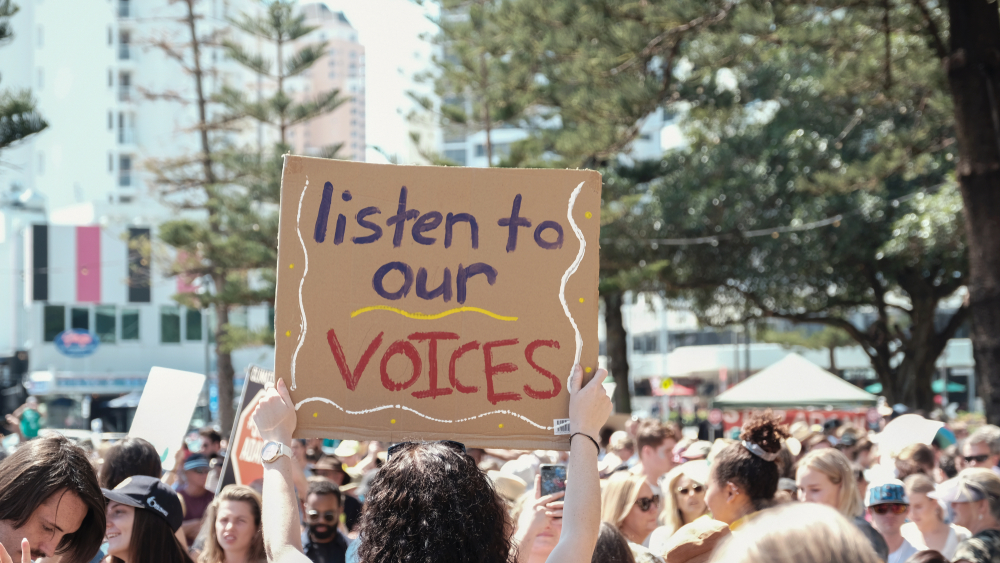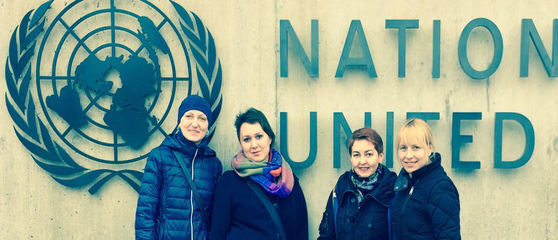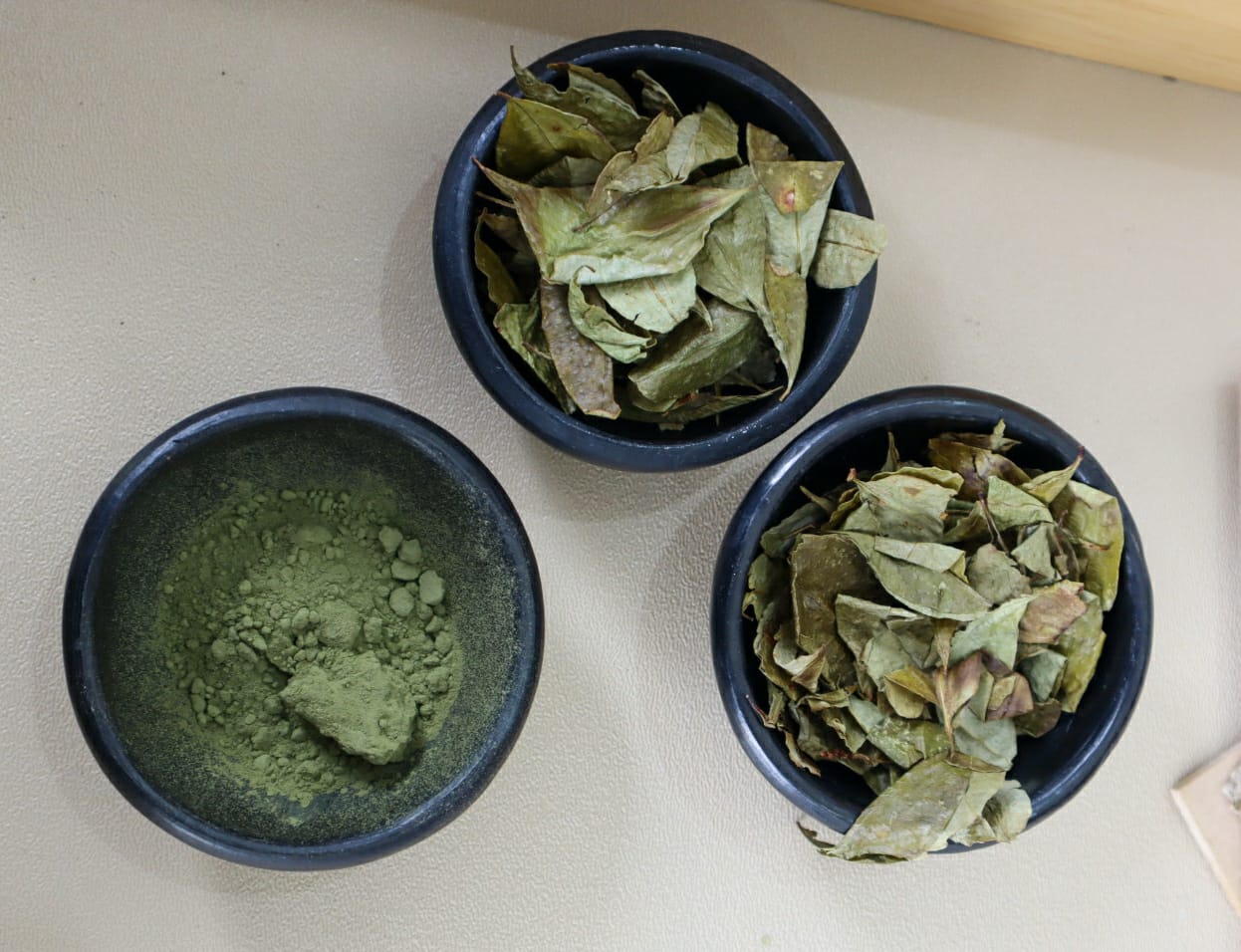The corridors of global policy discussions have been, for the most part, off-limits to the younger generation. This exclusionary practice, particularly acute in drug policy regimes, has kept the world’s youth off the decision-making tables. Rarely are their fresh perspectives, boundless energy, and innovative ideas taken seriously. This not only undermines the immense potential of the youth but also neglects their crucial role as architects of our shared future.
However, youth-led organisations are committed to challenging this exclusionary practice. Their assertion is clear: Young people are not passive recipients of policies, but key participants in building a more inclusive, sustainable, and equitable world.
Two recently launched documents illustrate the youth movement’s dynamism and agility: the Paradigma Coalition’s “Youth Response to the 2023 World Drug Report” and the Youth RISE’s policy brief on “Advancing Youth-Centered Health and Policy Coherence for Sustainable Development”. These publications showcase the youth’s capacity to envision a new global drug policy that takes the 2030 Sustainable Development Goals (SDGs) Agenda to heart.

Excluded Voices: Youth and the Ongoing Policy Divide
The current global landscape, while showing glimmers of progress, continues to grapple with this historical deficiency. A 2021 report by the global organisation Inter-Parliamentary Union (IPU) on Youth Participation in National Parliaments highlighted the present state of youth representation, a matter of growing significance amplified by the COVID-19 crisis. The report noted that globally, about 2.6% of Members of Parliament were under the age of 30, an increase of 0.4% from the previous measure. This is a stark figure, given that nearly half of the world’s population falls within this age group.
As the IPU president noted: “We need more young women and men parliamentarians to make parliaments more effective, innovative and inclusive.”
Efforts to address this glaring imbalance have led to the consideration of youth quotas, a promising approach that works similarly to gender parity quotas. Evidence suggests that well-designed youth quotas can effectively bolster youth representation. Yet, the journey towards equitable participation is still an uphill battle, with significant ground to cover.
It’s important to integrate youth voices in drug policy-making, particularly because many decisions are enacted about the youth, rather than with the youth. There is already a complex relationship between youth safeguarding policies and their unintended consequences. The recent cannabis legalisation campaign in Germany is one example. While proponents argue that legalisation would create safer environments for young people, the input of young people on the best forms to do so seems to be missing, or have been ignored. The aim of “protecting youth” from drug harms can actually veil exclusionary and punitive measures that disproportionately impact this group, ranging from heavy-handed enforcement to harsh penalties that remain throughout their lives, impacting their education and long-term employment prospects.
This paradox of policies meant to shield the youth while inadvertently raising more punishments for them underscores the pressing need for meaningful youth engagement. Young people should not be passive recipients of their policies, but active participants in their creation and development.

Challenging the Status Quo and Demanding Change
Youth RISE’s policy brief and Paradigma’s Youth Response are manifestos of a generation demanding a seat at the policymaking table. Both publications evidence the value of using youth-led organisations to identify research gaps, pinpoint policy needs, and engineer innovative solutions. They highlight youth’s willingness to become architects of transformative change that will directly impact them.
Crucially, young advocates and activists do not shy away from the need to challenge the status quo. Indeed, the Youth Response delves into crucial aspects of drug policy that impact young people and communities worldwide, highlighting how such topics are often overlooked in publications like the UN Office on Drugs and Crime’s World Drug Report’s (WDR) analysis. The WDR is the reference document for the international drug policy community; it’s a guiding document used by Governments and UN bodies to understand current trends and developments in terms of drug use and drug markets globally. The Youth Response to the WDR innovates by delving deeper into the various ways drug policies impact young people, such as the specific barriers young people face when accessing treatment, the lack of their involvement in harm reduction programme planning, the impact of traumatic practices like strip searches on children among others.
During the Youth Response’s online launch event, Adrià Cots, Research Officer of IDPC, highlighted the much-needed youth contribution of the 2023 Youth Response. Underscoring the dynamic mobilisation capacity of young advocates”, he noted:
“No other NGO has had the capacity to produce a response to the report in such a short time at such speed. That speaks very highly of the agility and determination of the youth reform movement”.
Youth-led organisations can be a powerful force for policy discussions, capable of providing timely, constructive and evidence-based input. Youth RISE’s policy brief was launched in collaboration with the UNITE Parliamentarians Network for Global Health. This collaboration serves to showcase how proactive youth activists are to impact future policymaking, especially in the lead up to the 2023 SDG Summit, an upcoming meeting hoping to reignite commitment to the 2030 Agenda for Sustainable Development.
The policy brief brings to light critical issues affecting young key populations, particularly adolescents, who face daunting challenges when seeking to access health services in restrictive environments. It advocates for policy coherence across sustainable development initiatives, and emphasises the need to remove laws and policies that hinder young people’s access to healthcare and other services based on age, identity, or other status. It also calls for including young people as leaders and partners of 2030 Agenda, promoting inclusive language, support and resources for youth-led and focused programs, and advancing youth representation and participation in local parliaments.
As the 2023 SDG Summit approaches, these proactive efforts to influence conversations are crucial. The significance of partnerships, such as UNITE’s collaboration with Youth RISE, cannot be overstated. They help recognise the invaluable role of youth in shaping our collective future. The 2030 Agenda for Sustainable Development demands inclusivity, and the youth movement is leading the way to ensure that no one is left behind.

The future is now
Young people, including adolescents and marginalised youth, represent a significant portion of the global population. Their voices, experiences, and perspectives are essential in shaping policies and strategies that will directly impact their lives and the world they inherit. History’s sidelining of the younger generation from global policy discussions is a practice that is being challenged by youth-led organisations with determination. Paradigma Coalition and Youth RISE are just an example of youth’s capacity to inform and shape global policy narratives.
These organisations call for a fundamental change, emphasising that young people are not mere bystanders but builders of a more inclusive, sustainable, and equitable world. In the intricate web of global policy, few forces have the same transformative power as today’s youth.


